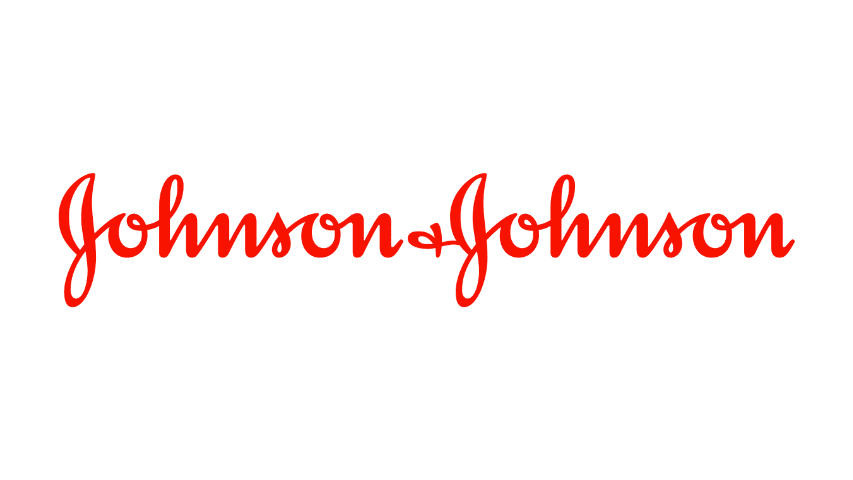Tylenol Crisis Management: Lessons Learned from Johnson & Johnson

In 1982, Johnson and Johnson faced a crisis that threatened the reputation of their brand and their most profitable product, Tylenol. Certain batches of Tylenol were found to be contaminated with cyanide, resulting in the death of seven people in Chicago. The company was faced with the challenge of dealing with the crisis without destroying their brand image and losing market share.
This article explores the key lessons we can learn from Johnson and Johnson's response to the Tylenol poisoning case. The company's quick and effective response in dealing with the crisis helped them regain customer trust and market share.
The article delves into the challenges that Johnson and Johnson faced during the crisis, including regaining customer trust, maintaining company reputation, and regaining market share. It discusses how the company recalled all Tylenol products from across the country, offered coupons and discounts, and developed a tamper-resistant capsule to re-introduce the product.
The article also examines the company's approach to handling the media and being transparent throughout the crisis. Johnson and Johnson's focus on customer safety and their commitment to putting the public first were key factors in the success of their crisis management response.
Finally, the article looks at the long-term impact of Johnson and Johnson's response to the Tylenol poisoning case. Despite the initial loss of revenue, the company was able to regain customer confidence and market share. Tylenol is now available in over 15 countries and continues to be one of the best-selling over-the-counter pain relievers in the United States.
Overall, this article provides a valuable case study on crisis management that can be applied to businesses of all sizes and industries. By studying Johnson and Johnson's response to the Tylenol poisoning case, businesses can learn how to effectively manage a crisis while maintaining their brand reputation and customer loyalty.
Table of Contents
Introduction
Dealing with a crisis is an inevitability for any large corporation. This is especially true for pharma and healthcare companies that are under constant scrutiny from laws and regulations due to the production of medication that people consume worldwide. Despite this, certain over-the-counter medicines can be highly profitable for companies, especially if they are successful. This was the case with Tylenol, the painkiller that controlled 37% of the market share in the United States in the 1980s, with a revenue of $1.2 million. However, in October 1982, certain batches of Tylenol were tampered with cyanide, resulting in the death of seven people and a crisis for Tylenol manufacturer, Johnson and Johnson.
Challenges for Johnson and Johnson
The crisis presented several challenges for Johnson and Johnson, including the need to regain customer trust, maintain the reputation of the company, and recover lost market share. After the deaths, Tylenol's market share dropped to 7%, and the connection between the product and the fatalities was clear. Johnson and Johnson had to deal with the crisis without destroying their brand's reputation and most profitable product.
Response to the crisis
To regain customer trust, Johnson and Johnson recalled all Tylenol products from across the country, amounting to 31 million bottles and a loss of $100 million. They also halted advertisements for the product and took responsibility for the crisis, despite knowing they were not responsible. The company's Public Safety first motto dictated that the public's safety came first, and they wanted to put the public first. Salespeople made presentations to the medical community to restore confidence in the product.
On maintaining the company's reputation, Johnson and Johnson maintained a transparent relationship with the media throughout the crisis. They also developed a tamper-resistant capsule with a triple-sealed bottle that could be used to reintroduce the product. To regain market share, a new pricing strategy was put in place to recover losses from the initial product recall. Customers were offered 25% off the price.
To regain market share, Johnson and Johnson implemented a new pricing strategy, offering discounts and coupons to customers. The newly packaged tablets were back on the shelves in 10 weeks, and Tylenol was able to quickly regain its market share.
Success and Lessons Learned
Johnson and Johnson's commitment to putting customer safety first and optimal crisis management helped Tylenol regain customer confidence and become one of the best-selling over-the-counter pain tablets in the US. The lesson learned from this case is that retaining the trust of customers and medical professionals is more important than the need for product sales, and companies should prioritize public safety in the face of a crisis.
Conclusion
The Tylenol case study of Johnson and Johnson demonstrates that companies can overcome a crisis and regain customer trust by assuming responsibility, maintaining transparency, and prioritizing public safety. Companies that prioritize these values can emerge stronger from a crisis and continue to grow and succeed in the long term.
